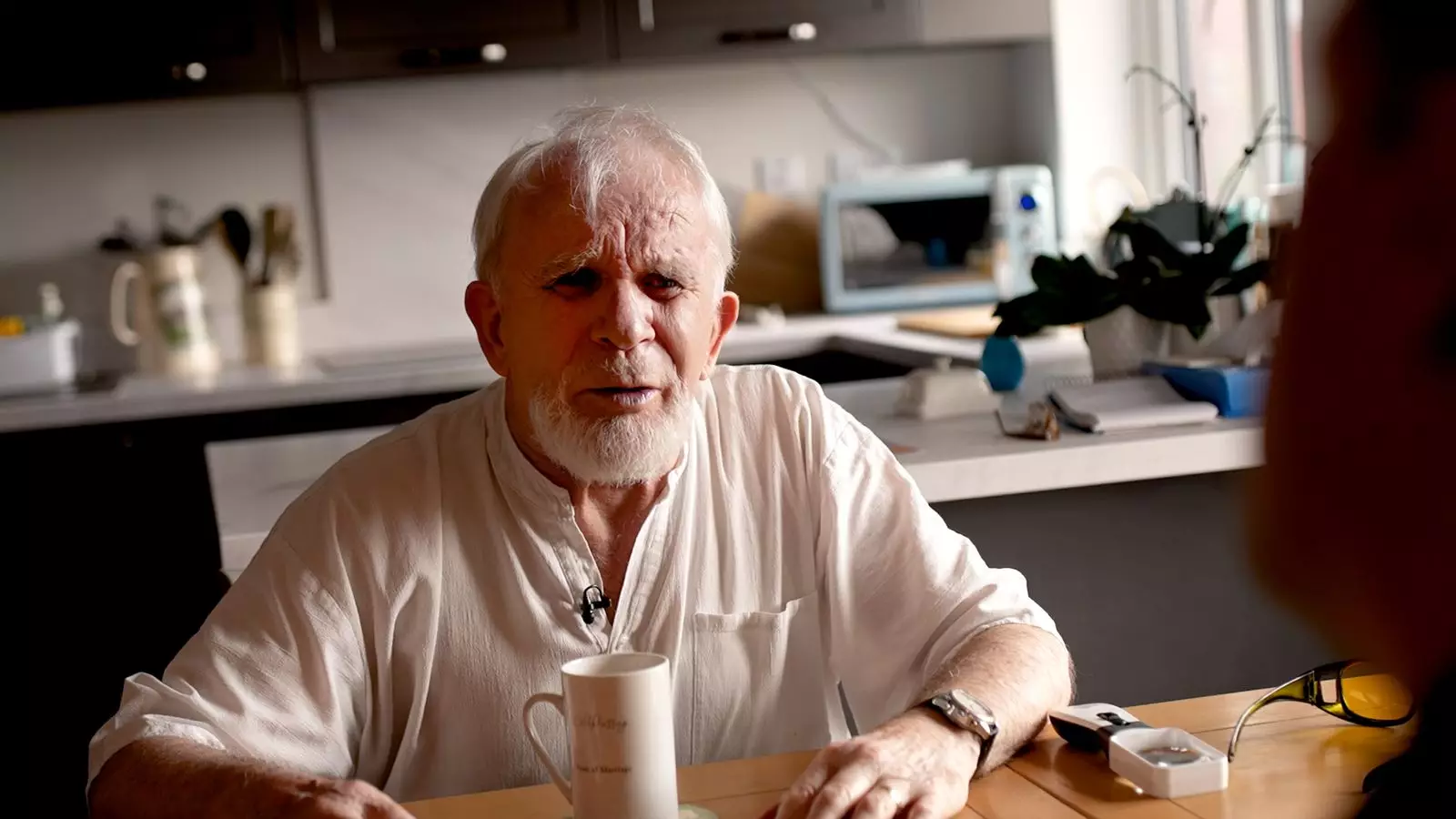As winter approaches in the UK, an alarming policy change regarding the winter fuel allowance is drawing attention and outrage, particularly among the elderly population. This adjustment, announced by Chancellor Rachel Reeves, will drastically impact more than 10 million pensioners in England and Wales, many of whom rely on this support as a critical lifeline during the colder months. The decision to limit eligibility to those receiving Pension Credit and other means-tested benefits has sparked debate about the moral implications of targeting the most vulnerable members of society.
Kevin McGrath, an 81-year-old resident of Corby, Northamptonshire, serves as a poignant example of the affected demographic. Recently recovering from a serious eye operation, Kevin expresses his deep concern about the harsher winter likely to follow these policy changes. In his words, there is an inherent unfairness in a system that penalizes those who have spent their lives contributing to society only to be deprived of essential support when they need it most. His frustration stems not merely from a financial standpoint, but also from the lack of dignity involved in the bureaucratic processes now required for these benefits.
“What does it say when we, who have worked hard all our lives, are suddenly made to prove our worthiness for assistance?” Kevin asks, highlighting the modern-day stigma associated with seeking government support. Such sentiments resonate with many seniors who view the situation not just as a personal financial struggle, but as a fundamental question of societal values.
The government justifies these cuts as part of necessary financial reforms to rectify a substantial £22 billion deficit in public finances. However, the argument of fiscal prudence raises uncomfortable ethical questions. Critics argue that targeting the most vulnerable is not only wrong but also ineffective in addressing the root causes of financial mismanagement. One might ask: why is it that financial austerity measures always seem to hit those least able to withstand the impact?
A notable contrast to this decision lies in the assurance from the government regarding the increase in the state pension, which, under Labour’s commitment to the “triple lock,” is expected to rise by about £460 annually come April 2025. While this mimics an effort to support the elderly, it simultaneously casts doubt on the sincerity of the government’s concern for the well-being of seniors when the safety net they depend on is being systematically eroded.
The charity Independent Age has been vocal about the recently introduced policies, citing a surge in inquiries about Pension Credit eligibility among seniors. In August, calls on this subject were reported to be three-and-a-half times higher than in previous months, indicating the rising anxiety surrounding the new requirements. Many seniors, already living on a tight budget, face added pressure to navigate bureaucratic hurdles, raising broader issues related to financial literacy among the elderly.
Joanna Elson CBE, chief executive of Independent Age, emphasized the precarious situation many elderly individuals find themselves in as they anticipate the winter without the necessary support. The notion that seeking assistance could be partly responsible for feelings of shame and embarrassment among them underscores a deeply troubling aspect of the prevailing attitudes toward poverty and assistance in society.
As winter looms, the discourse surrounding these policy changes is unlikely to dissipate. The urgency for reevaluation becomes increasingly pronounced, with advocacy groups calling for the government to postpone implementation of means testing for winter fuel payments. They argue for a thorough review of how these decisions substantively affect those most in need, advocating for approaches that prioritize uplifts across the board rather than singling out those at the bottom.
Kevin McGrath’s reflection on the current state, where the elderly are often considered unimportant if they lack economic activity, unveils a societal rift that demands attention. Is it truly acceptable for society to overlook or devalue its older members? The forthcoming winter may indeed serve as a litmus test for not only governmental policy but also societal values concerning the treatment of its elderly population.
The ramifications of the winter fuel allowance cuts extend beyond mere economic statistics. They encapsulate a narrative about how society treats its most vulnerable citizens. What remains is a collective hope that soon, empathy will replace economic imperatives in the discourse surrounding elderly welfare.


Leave a Reply